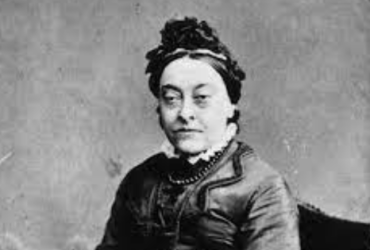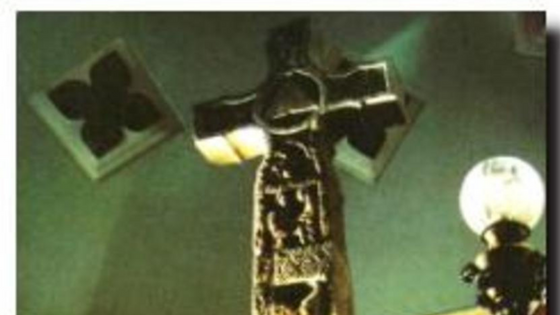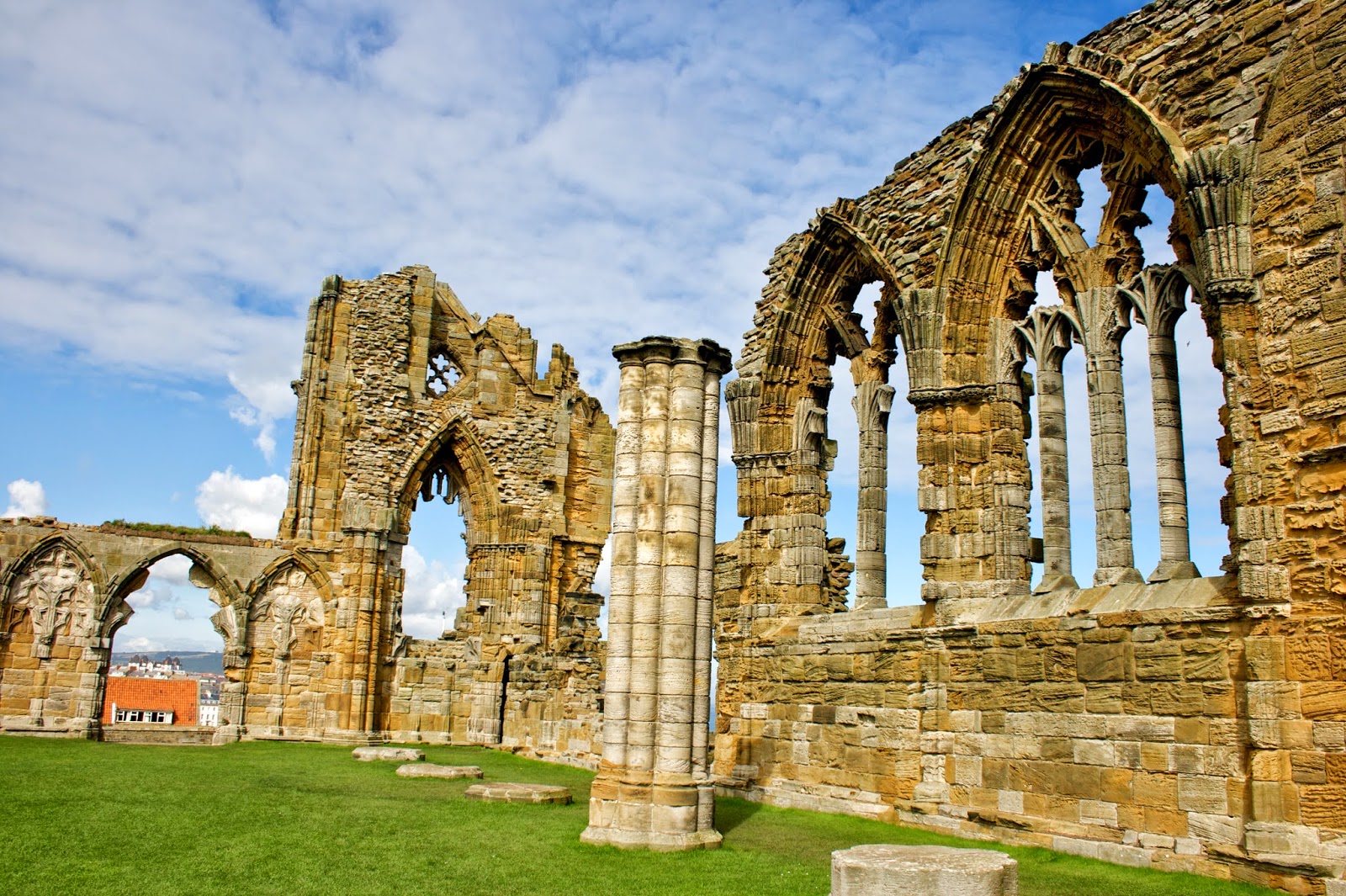
Summary and Analysis of Dylan Thomas’s “Poem in October”
Poem in October
Woke to my hearing from harbour and neighbour wood
And the mussel pooled and the heron
Priested shore
The morning beckon
With water praying and call of seagull and rook
And the knock of sailing boats on the net webbed wall
Myself to set foot
That second
In the still sleeping town and set forth.
My birthday began with the water-
Birds and the birds of the winged trees flying my name
Above the farms and the white horses
And I rose
In rainy autumn
And walked abroad in a shower of all my days.
High tide and the heron dived when I took the road
Over the border
And the gates
Of the town closed as the town awoke.
A springful of larks in a rolling
Cloud and the roadside bushes brimming with whistling
Blackbirds and the sun of October
Summery
On the hill’s shoulder,
Here were fond climates and sweet singers suddenly
Come in the morning where I wandered and listened
To the rain wringing
Wind blow cold
In the wood faraway under me.
Pale rain over the dwindling harbour
And over the sea wet church the size of a snail
With its horns through mist and the castle
Brown as owls
But all the gardens
Of spring and summer were blooming in the tall tales
Beyond the border and under the lark full cloud.
There could I marvel
My birthday
Away but the weather turned around.
It turned away from the blithe country
And down the other air and the blue altered sky
Streamed again a wonder of summer
With apples
Pears and red currants
And I saw in the turning so clearly a child’s
Forgotten mornings when he walked with his mother
Through the parables
Of sun light
And the legends of the green chapels
And the twice told fields of infancy
That his tears burned my cheeks and his heart moved in mine.
These were the woods the river and sea
Where a boy
In the listening
Summertime of the dead whispered the truth of his joy
To the trees and the stones and the fish in the tide.
And the mystery
Sang alive
Still in the water and singingbirds.
And there could I marvel my birthday
Away but the weather turned around. And the true
Joy of the long dead child sang burning
In the sun.
It was my thirtieth
Year to heaven stood there then in the summer noon
Though the town below lay leaved with October blood.
O may my heart’s truth
Still be sung
On this high hill in a year’s turning.
Summary:
It is the poet’s thirtieth birthday. Time is very early morning. The poet is awakened and perceives everything around him as holy. The town is yet asleep, but he has all around him the world of nature with loveliness and holiness that make the beginning of his day all wonderful. It seems to the poet that the birds are flying high in the sky, the sea birds as well as land birds, uttering his name on the occasion. The poet advances and crosses the gates of the town, and as he does so, nature seems to be all alive and all holy. Soon, the poet reaches the hill and has a confused sensation of the weather and the time there. ‘The weather on the hill is bright and sunlit, but below in the valley, there are rains, mists, and fogs. The impression of the entire situation causes a sensation and leaves him with a mixed feeling of joy and nostalgia. The poet sees below from his height on the hill the rainfall on the land. He also considers the sea shrouded in mists and the storm spreading here and there. There is a turn in the situation as he reaches the hill, looks back, and pines for what he has missed. The poet is now reminded of his boyhood sensation on a similar occasion amid the loveliness of nature. He recalls wondering and marveling as a boy amid nature’s plenty and beauty. Legends, parables, and fictitious tales were all absolute then as the objects of mystery and wonder. He sees around him once again nature in its majestic form and finds all spelled out under her. He even feels inspired to write on this, and he is quite assertive of his success in the matter. The poet’s boyhood communication with nature seemed to cease altogether. His boyhood fancy, his sense of wonder, and his thrill of mystery are all over. The boy in him is lost. But the poet’s marvellous sensation of his birthday does not subsist long. The weather turns around, and he is brought back to the harsh reality of the inclement weather. No doubt he still enjoys the light and the warmth of the hill. But he remains aware that behind him lies the harsh reality of the present. His dream hill of childhood persists in his mind, but this is haunted with decay and degeneration, so inevitable in nature. The only thing that is left to him for prayer is the retention of his spirit of this birthday to the next.
Also read; Explain the last stanza of the poem Dover Beach by Matthew Arnold





